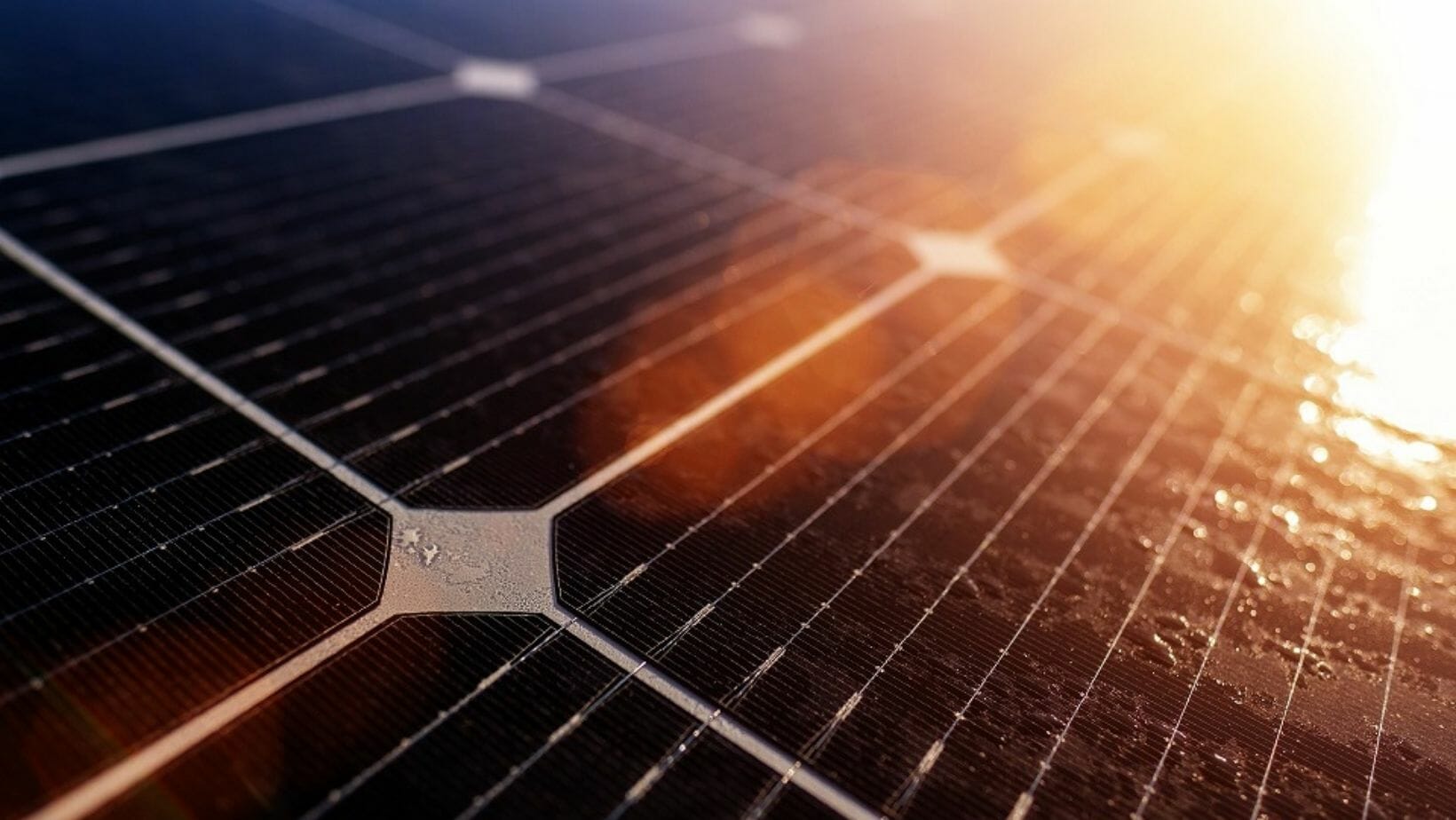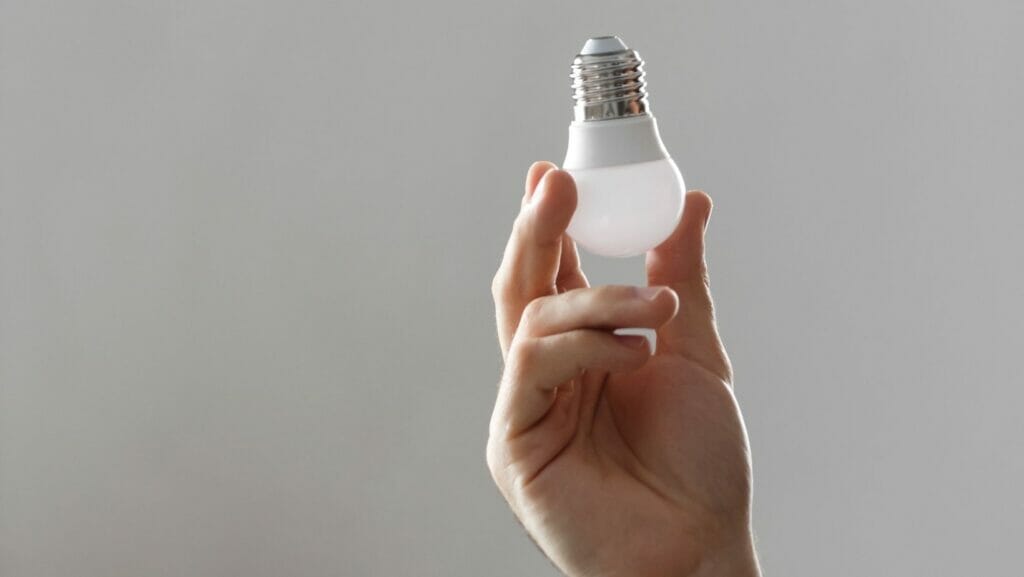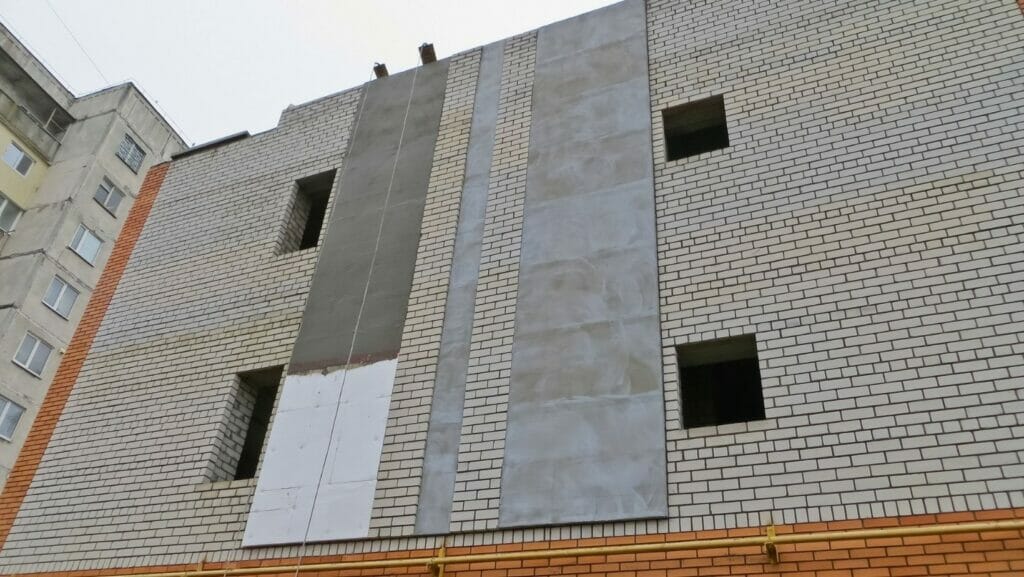
Shifting to renewable energy sources like solar is a proven way of reducing your electricity bill. However, you need batteries for storing the energy harnessed from the sun, lest your home will only have power when the sun’s shining.
Most people have on-grid solar energy systems, meaning that they only use solar during the day and revert to mains electricity after sunset. Still, this doesn’t mean that you can’t regulate your power usage.
Read on to discover intelligent ways of reducing your power usage and electricity bill at night.
Use Energy-Intensive Appliances During the Day
Modern electrical appliances are programmable, allowing you to set when they switch on and off. It helps to make the most of the on and off function, especially if you have large, powerful appliances like dishwashers and washing machines.
Set the machines to go on when the sun is at its peak. If your solar panel system can’t support multiple appliances simultaneously, use one at a time. This way, you won’t spend a cent on mains electricity.
Replace Your Light Bulbs
Standard halogen light bulbs consume more power than fluorescent and LED lights. The latter options are up to 80% more efficient than their predecessor. They also last 25 times longer.
Although energy-efficient light bulbs have higher upfront costs, they compensate with a longer lifespan and lower electricity bills.
Shower During the Day
Hot showers are enjoyable, but they can increase your monthly electricity bill. Most people like to shower in the evening after a day’s long work and before leaving the house in the morning. However, this is uneconomical since solar panels don’t generate energy at those times.
If you work from home, it’s possible to take a shower after sunrise, when your solar panel roof starts generating energy. On the other hand, 9 to 5 workers might have to withstand cold showers – after all, they’re therapeutic.
If you must use hot water, consider purchasing an energy-efficient showerhead.
Install Energy-Efficient Windows
Do you know that an average house loses up to 25% of its heat through windows? Instead of using standard models with a single pane, use double panes.
If the region you reside in experiences cold winters, the gas between the two panes insulates against heat loss, especially at night. You can reduce the loss further by installing exterior storm windows.
Standard windows allow too much heat penetration into the house in warmer areas. Installing energy-efficient windows reduces heat gain by reflecting sunlight and regulating the amount of thermal heat entering your home.
Weatherize Your Home
Weatherizing your home involves sealing potential air leaks around your property to lower your heating and cooling expenses. Most air leaks in and out of your house through doors, vents, and windows. The best way of preventing leakages is by sealing cracks and gaps between the walls next to doors, vents, and windows.
Caulk is the ideal material for sealing air leaks between walls and stationary objects like window sills and doorframes. On the other hand, weather stripping works well for preventing leakages through moving structures, like doors and windows. Caulking and weather stripping ensures minimal heat gain or loss through the abovementioned openings.
Other areas where leaks can occur are gaps caused by electrical wiring, ducting, and plumbing. Openings in the attic are the most significant contributor to heat loss. This is because hot air rises, as it’s less dense than cold air. For this reason, it’s wise to insulate your home after weatherizing.
Insulate Your House
Insulation is vital to reducing your power consumption by preventing heat loss in winter and protecting against overheating in summer.
Your insulation material’s ideal heat resistance level depends on your home’s location. In cold regions, this level is much higher than in warm areas.
Another factor that affects the type of insulation on your house is its size. For instance, a home with many rooms and openings would require more insulation than a studio apartment.
If you find yourself unconfident in your ability to choose a suitable insulation material, consult a professional.
Replace Your Air Filters
Many domestic appliances have filters, including your air conditioning unit. Manufacturers usually advise users to service and replace these filters regularly to keep them in good working condition and avoid costly repairs on entire units.
Besides keeping your appliances functional, replacing air filters can help reduce your electricity bill. How? During operation, dust and other debris clog the filter. Assuming it’s your air conditioner, it’ll use more energy to keep temperatures at the desired level, resulting in higher bills. On the contrary, new air filters allow unrestricted airflow, increasing the unit’s efficiency and lowering your utility bill.
Dress Appropriately
When walking outdoors during winter, people wear heavy clothes to protect against cold. However, this isn’t often the case for those who remain indoors.
Turning on your heater might seem convenient, but financially, it doesn’t make sense. Instead, put on your jackets, gloves, and socks. You can use the money you’d have spent on electricity on other pertinent issues.
What’s the Significance of Reducing Power Usage?
Reducing power consumption has several benefits. First, it’s an excellent way to boost your savings. You can use the saved cash on investments to improve your living standards.
Secondly, prospective buyers find energy-efficient homes appealing. You’re more likely to sell your property fast and at the correct value by reducing power usage.
Lastly, energy conservation helps in environmental protection. Reducing your reliance on electric appliances like computers minimizes power supply companies’ toxic emissions, albeit indirectly.
Wrapping Up: Adopt Solar Energy Today
If you want to end your reliance on mains electricity, solar panel installation in your home is the best solution. Ensure that you purchase backup batteries that store energy for use after sunset.
Solar technology is getting better, with panels becoming more efficient and batteries increasing storage capacities. Equipment prices are currently affordable, while the cost of mains electricity is rising. More importantly, governments offer subsidies and other financial incentives that lower solar panel costs significantly.














